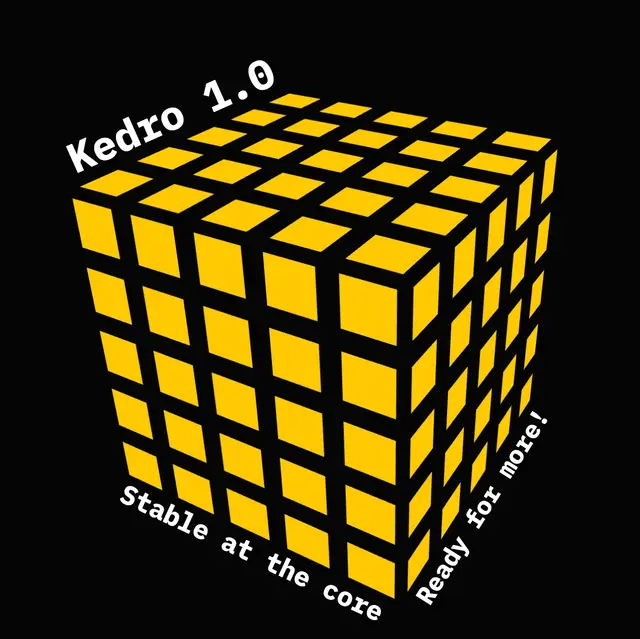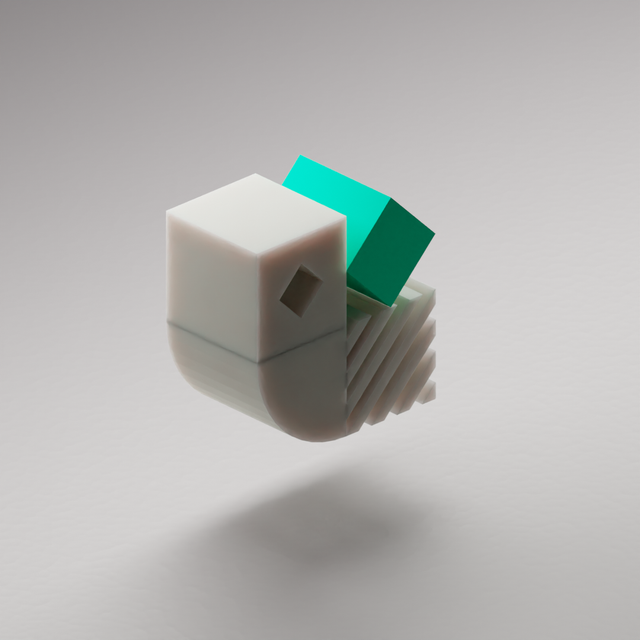In this blog post, I'll share some tips on how you can boost your technical skills, even if you're not a naturally tech-savvy product manager. I'm going to delve into some techniques that I've picked up during my time at QuantumBlack where most of our users are highly technical data scientists, data engineers, and machine learning engineers. Similarly, when our teams work with clients, the largest user group tends to be technical.
If your situation is similar, you'll find this incredibly valuable. You need to understand your users' problems to find the best solutions.
Why a product team needs a translator
I still recall a meeting with a senior colleague three or four years ago. I had trouble understanding what he was saying, and when I checked in with some of the engineering team afterwards, they admitted they could only grasp about 40% of it. This experience underscored the importance of ensuring everyone understands our users' objectives and needs.
As a product manager, it's your responsibility to translate technical requirements into human-understandable problems so that the rest of the team can collaborate to solve them. When dealing with highly technical users, breaking down their challenges into simple language is crucial so that engineering can build the best features possible. The goal is to improve your translation accuracy and better support our users.
How to get more technical
Get hands-on experience
To gain a better understanding of our data science user base, I took a few different approaches. One of the things I did was work on the Kaggle Titanic machine-learning regression problem. I found this a great way to jump into the deep end of data science and iterate through the process. Additionally, I did a software engineering boot camp to learn how to communicate with my users.
Ask your engineers to teach you
In addition to my hands-on learning, I collaborated closely with our team's technical lead, Ivan Danov. I would jot down any topics or concepts that I didn't understand, and during our weekly one-on-one meetings, he would take the time to explain them to me and share insights about our users.
Get comfortable with asking questions
Over the past few years, I have made a conscious effort to improve my technical "translator" skills. This means being comfortable with acknowledging when I don't understand something, speaking up to ask about it, and seeing it as an opportunity to learn.
Learn by writing documentation
An effective way to improve your understanding of the user space is by writing documentation for your product. As a product manager, it's essential to be able to walk through user journeys for whatever you're building. Writing documentation forces you to work through things independently and identify improvement opportunities. It's a surefire way to become more proficient.
Adopt the ways that your engineers present problems and talk to users
Another way to improve your technical skills and knowledge is by doing technical or coding demos for your product instead of relying solely on presentations from a deck. I highly recommend getting comfortable with demoing your product.
In my work, I have found it to be an anti-pattern when design, product, and engineering teams are not included in presentations, user feedback, and testing sessions. It's crucial to have representation from all three disciplines. Having engineers and designers present in those conversations also allows you to understand better how they ask questions and think about the product.
I've also learned from engineering teams and incorporated their product demoing styles into my demos. By observing the way they respond to questions and answers, I've been able to codify that knowledge and improve the quality of my demos. These are just a few of the strategies I continue to use to this day.
Ask users to show you what they mean
This one, I guess, is a general product technique. But, asking users to show you what they mean, especially when you have no idea what they're talking about, is a quick way to get filled in. We'll tell users before an interview that we want them to show us their workflow. It's an excellent way to understand how to improve things for them.
Get hands-on with user-support
At Kedro, we have a Wizard role where one person on the team is responsible for user support each week. When I picked up this duty, I sometimes encountered user questions that stumped me. However, asking the team how to approach answering them and engaging with the users to find solutions helped me learn a lot.
Even now, I sometimes help troubleshoot and gather information on our Slack channel. I summarise what the user has said and ask clarifying questions to help our engineers solve the problem more quickly.
In summary
Learning technical skills as a product owner can greatly enhance your effectiveness and success in the role.
Clear communication: As a product owner, you act as a bridge between the development team and stakeholders. Understanding technical concepts and language enables you to communicate effectively and relay business requirements to the development team with precision, minimising misunderstandings and ensuring alignment. Similarly, you can engage with technical stakeholders at their level to comprehend their concerns, address technical questions, and build credibility.
Improved decision making: Technical skills allow you to evaluate technical possibilities, constraints, and trade-offs. This knowledge empowers you to make informed decisions about prioritising features, assessing technical risks, and understanding the impact of changes or additions to the product.
Agile collaboration: Technical skills foster collaboration and mutual understanding with the development team.
Long-term product vision: Having technical knowledge allows you to envision the product's future trajectory more accurately. By staying updated with industry trends, you can understand emerging concepts and evaluate their relevance to your product. Additionally, your technical knowledge helps you quickly understand new development practices, engage in technical discussions, and stay ahead of market demands.
By investing in technical skills as a product owner, you position yourself as a versatile and knowledgeable professional. This expertise enhances your ability to navigate complex product development environments, collaborate effectively, and make informed decisions, ultimately leading to the successful delivery of valuable products.
Find out more about Kedro
There are many ways to learn more about Kedro:
Join our Slack organisation to reach out to us directly if you’ve a question or want to stay up to date with news. There's an archive of past conversations on Slack too.
Read our documentation or take a look at the Kedro source code on GitHub.
Check out our video course on YouTube.
Recently on the Kedro blog
Recently published on the Kedro blog:
We’re always looking for collaborators to write about their experiences using Kedro. Get in touch with us on our Slack workspace to tell us your story!






